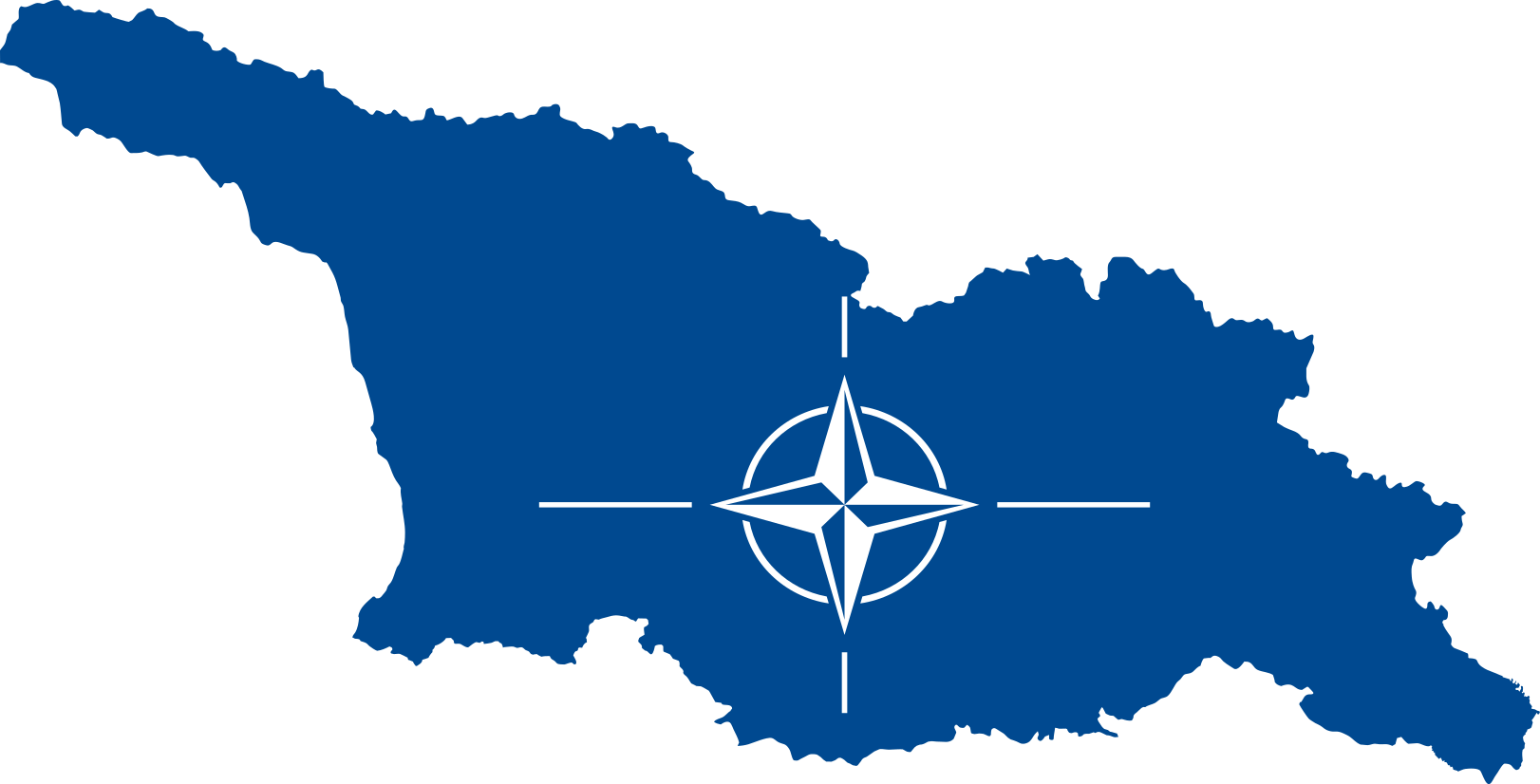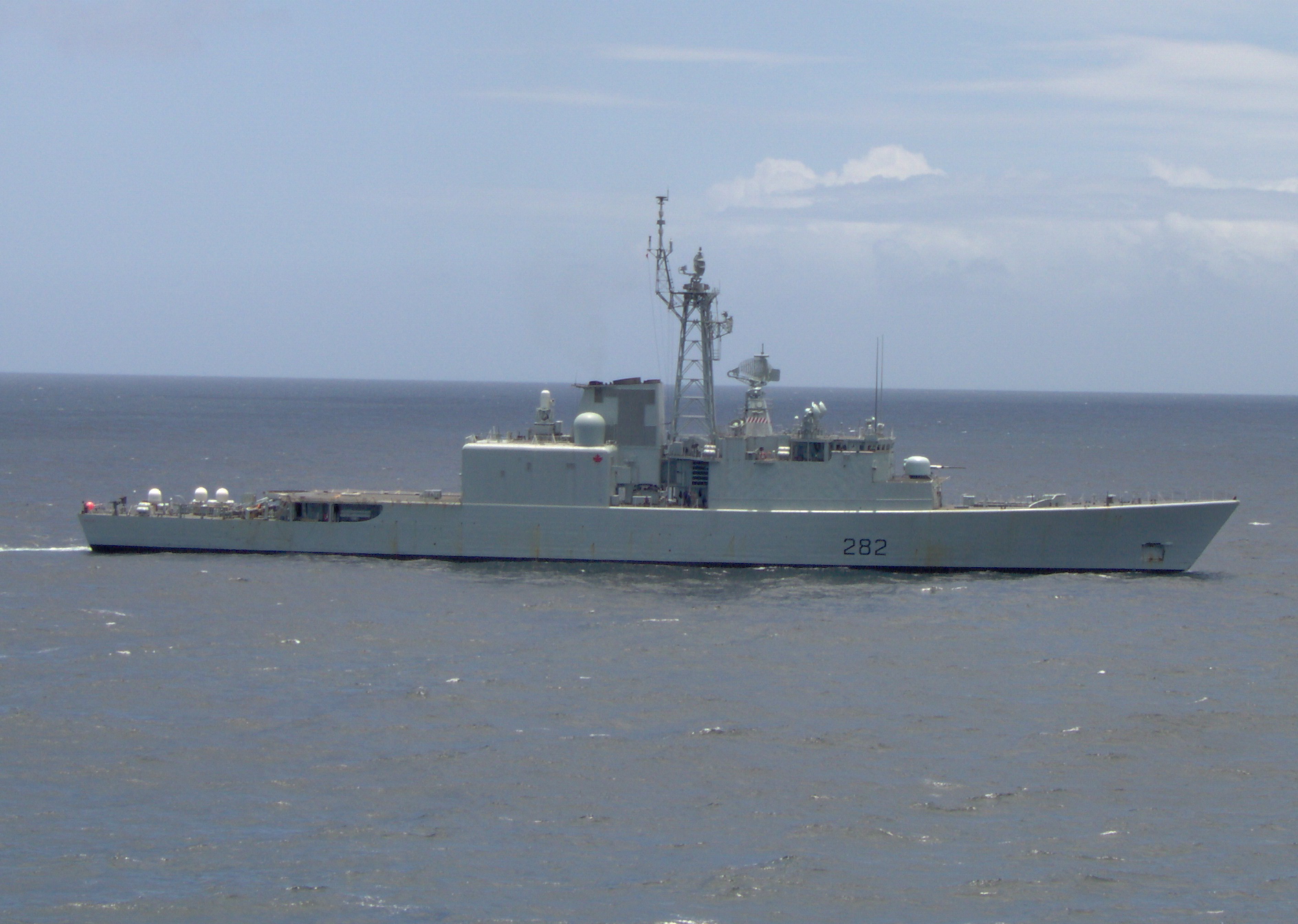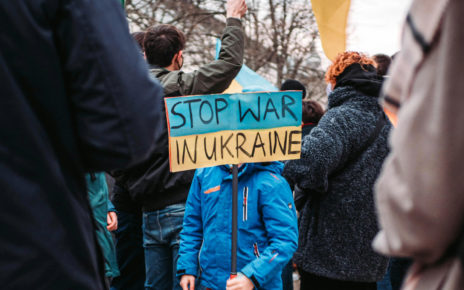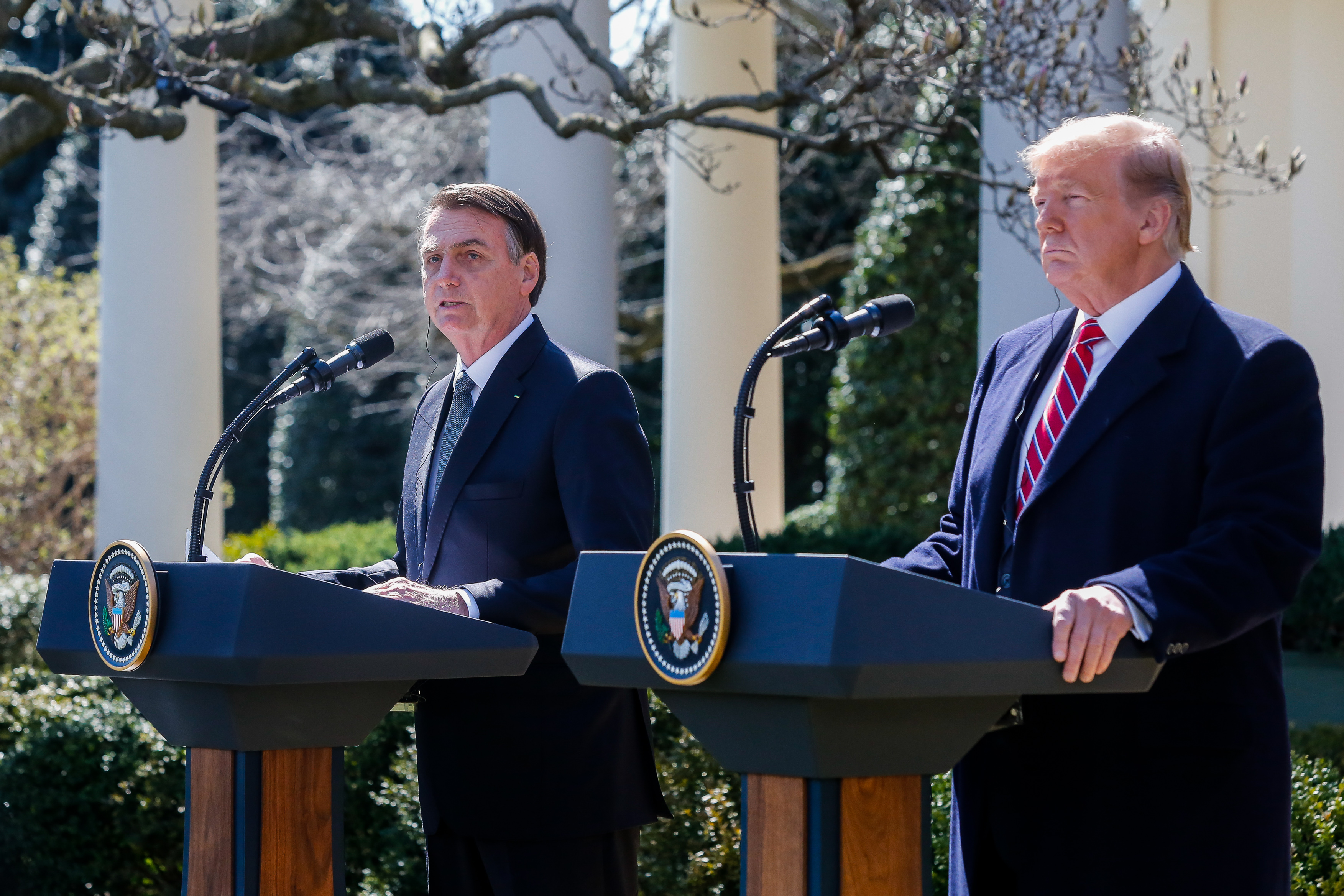Ever since it gained independence from the USSR in 1991, Georgia has had an excellent relationship with NATO. In 1994, Georgia joined the NATO-run Partnership for Peace. This was the first step of a long journey for Georgia to become a member of NATO. In 2008, the Russian Army invaded parts of Georgia, which it still currently occupies. Having suffered from Russian aggression, Georgia sees the value of the peace and security guaranteed by NATO. Currently, 78% of Georgians support NATO membership.
NATO’s “open door policy” states that membership is open to any European country willing to contribute to NATO’s interests. In 2014, as a sign of progress, the Substantial NATO–Georgia Package (SNGP) was established. This includes a set of strategic and operational measures between Georgia and NATO. In March 2019, NATO Secretary General Jens Stoltenberg asserted that Georgia will eventually become a full member of NATO.
However, Georgia still has a long way ahead to become a NATO member. It has yet to commence its Membership Action Plan (MAP): one of the last steps before becoming a member of NATO. Since the 2008 NATO Summit in Bucharest, Germany and France have led the efforts against Georgia receiving its MAP in the near future. These two NATO member countries are afraid that granting Georgia its MAP would provoke a severe Russian retaliation. On top of that, France and Germany know that Georgia’s full NATO membership would oblige them to defend it from Russia. There have even been calls to potentially exclude the Russian-occupied territories of Abkhazia and South Ossetia from the defence commitment of Article 5.
These passive stances are, however, unacceptable as NATO should do everything in its power to deter further Russian aggression in Eastern Europe and the Caucasus. In 2011, Dmitry Medvedev shockingly said the 2008 Russian invasion prevented Georgia from becoming a full member state of NATO. All in all, NATO’s enlargement process should not be deterred and influenced by Russia.
Georgia’s potential membership in NATO is, however, problematic because of a different reason than its conflict with Russia. Georgia still needs to undertake significant domestic reforms in order to ever have a chance of becoming a full member of NATO. For example, the 2018 Corruption Perceptions Index by Transparency International (TI) warned that Georgia “faces democratic backsliding, making it both vulnerable to high-level corruption and a country to watch moving forward. This downturn is due to a lack of accountability of law enforcement, corruption, and political interference in the judiciary, state capture, and government-sponsored attacks on independent civil society, among other issues.”
In a 2018 TI poll, 36 percent of Georgian citizens believe that public officials abuse their power for personal gain and 58 percent believe that the judiciary is under the influence of the ruling party. During her October 2019 visit to Georgia, the NATO Deputy Secretary General Rose Gottemoeller said the following: “We encourage you to push ahead with necessary reforms beyond the area of defence. It is equally important to strengthen the rule of law and to implement further judiciary reform. We will continue to work with you on reforms that move Georgia closer to NATO.”
North Macedonia will become the newest NATO member country in early 2020. However, this country is highly corrupt and lacks strong democratic institutions. NATO should have set a higher bar for North Macedonia to join the alliance. As a member country of NATO, North Macedonia won’t be as incentivized to conduct necessary domestic reforms as before. A similar logic applies to Georgia and other aspirant countries. Georgia is highly motivated to join NATO as the alliance would protect Georgia from Russia. Thus, NATO has the chance to make Georgia conduct the necessary reforms so that in the future, Georgia would be a more valuable NATO member country whose values align better with the majority of the alliance members.
Having member countries whose values are drastically different from the rest of the alliance and lack strong democratic institutions might be dangerous for NATO and paralyze its unanimous decision-making. The prime example of this is Turkey, which procured S-400 missiles from Russia and agreed with Russia on a buffer zone in northern Syria. Thus, NATO might be undermined by Turkey’s potential information-sharing with Russia, the alliance’s key adversary.
In conclusion, even though Georgia’s conflict with Russia shouldn’t hamper its potential accession to NATO, Georgia still needs to undertake significant domestic reforms in order to have a chance of becoming a valuable member of NATO.
Featured Image: “Georgia-NATO” (2013), by Fry1989 via Wikimedia Commons. Public Domain.
Disclaimer: Any views or opinions expressed in articles are solely those of the authors
and do not necessarily represent the views of the NATO Association of Canada.




